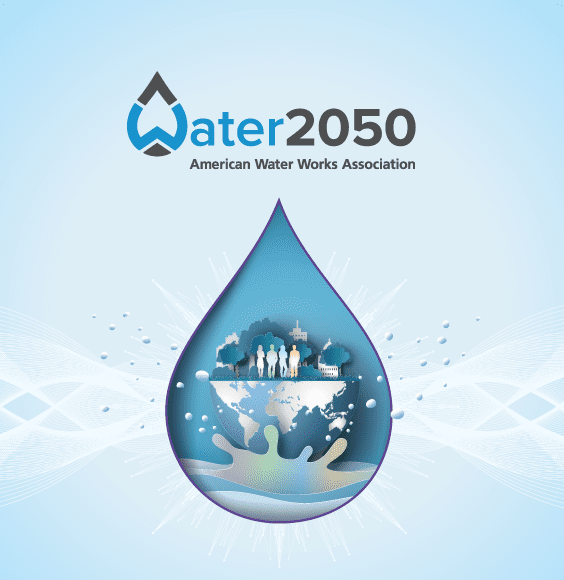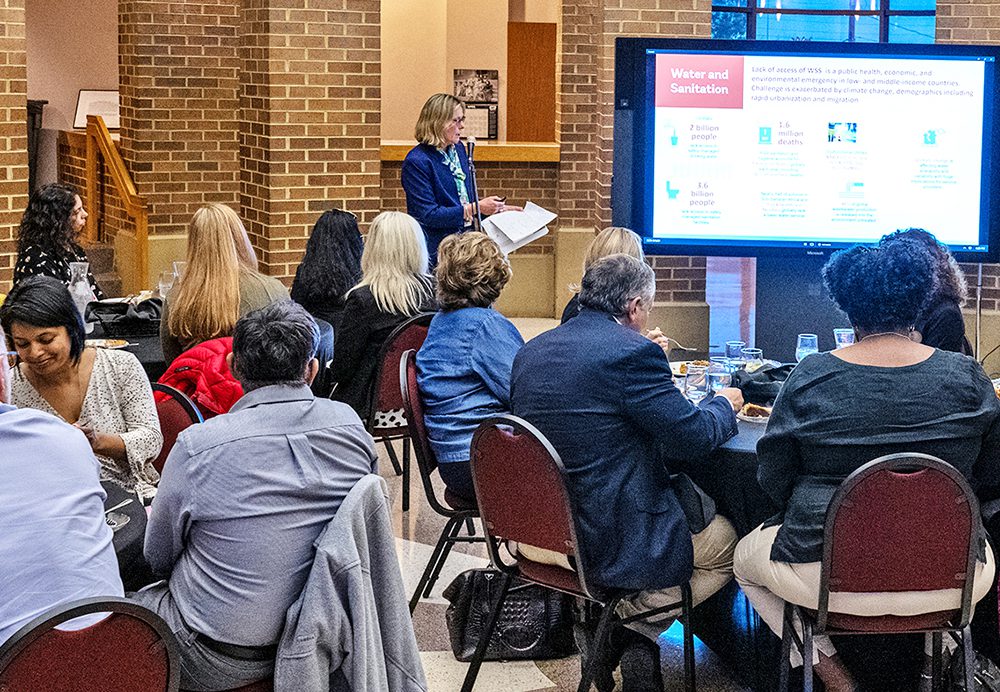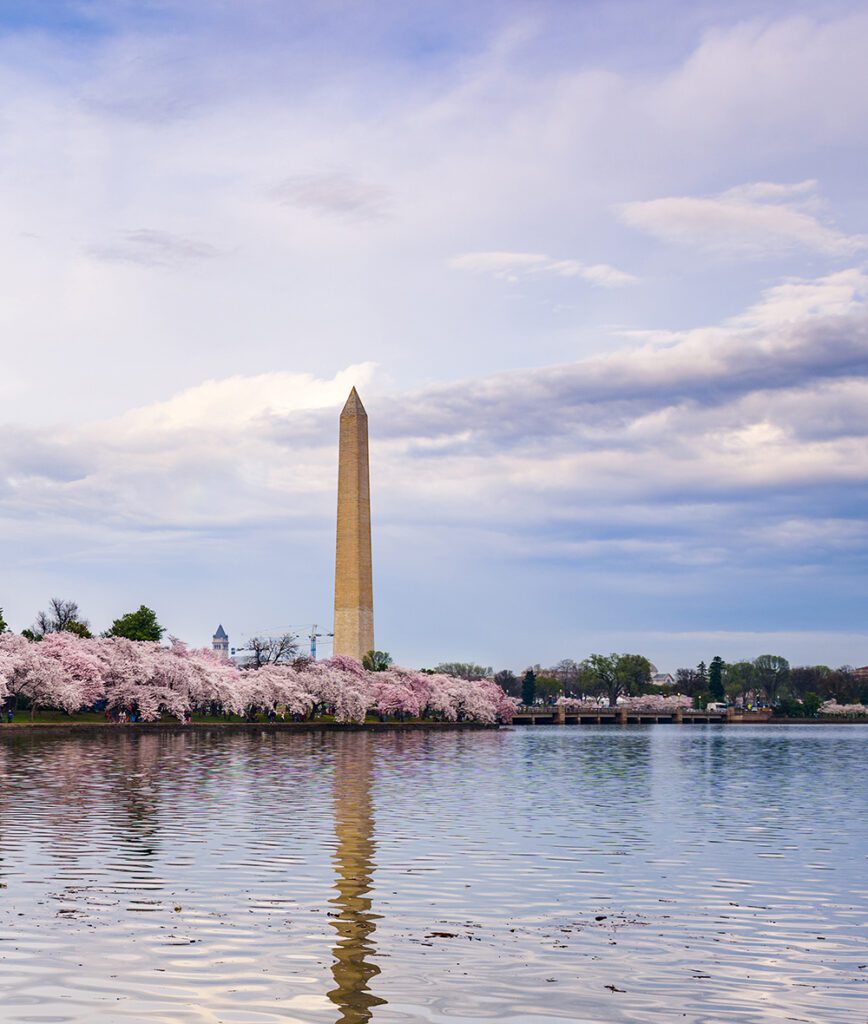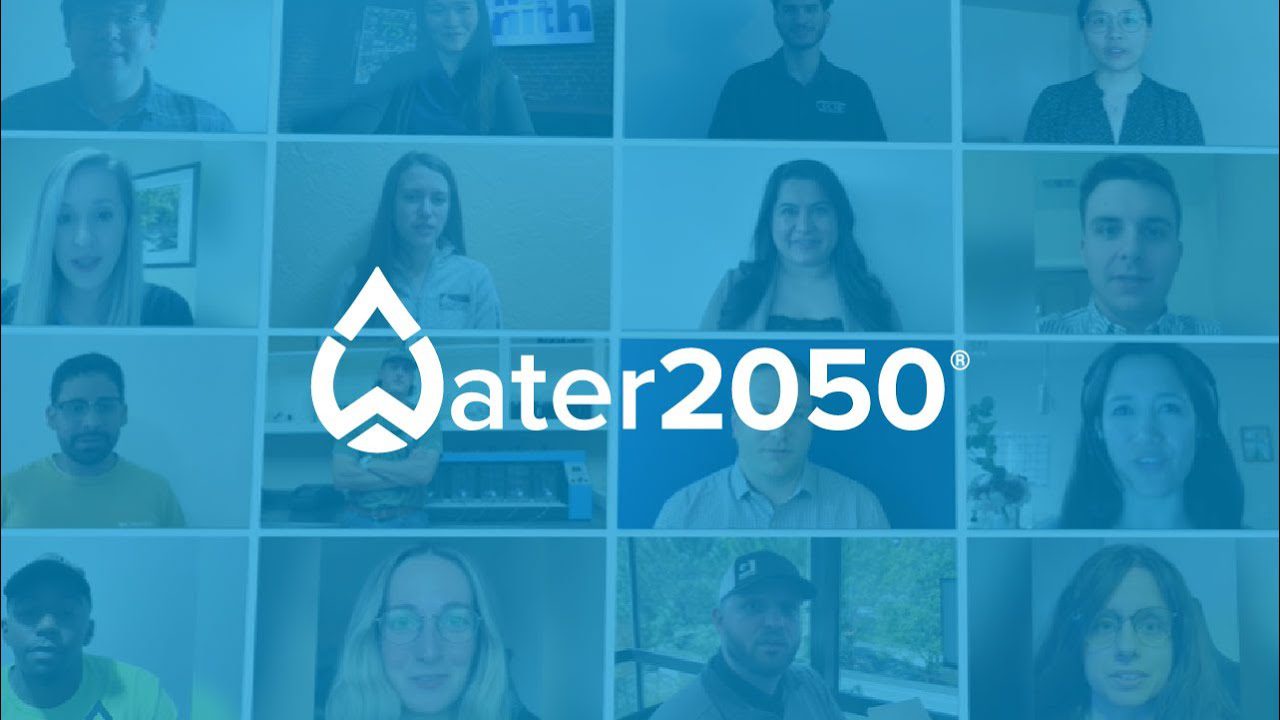Water 2050
Think Tanks Summary and Path Forward





Water 2050: Think Tanks Summary and Path Forward
Water 2050 is a collaborative initiative to envision the future of water and chart a course for future success and sustainability. Under the leadership of the American Water Works Association, diverse voices from within and beyond the water sector explored water’s long-term challenges and opportunities at think tanks focused on five different drivers: Sustainability, Technology, Economics, Governance, and Social/Demographics. The Water 2050 Think Tanks Summary and Path Forward identifies common themes that emerged from the events and describes next steps for the initiative.

2050 Video
Voices of the Future of Water
See All Water 2050 Videos
Download
Water 2050 Think Tank Reports


Advertisement

